Cultivation is a critical step in farming that involves preparing the soil, controlling weeds, and creating a favorable environment for planting. To achieve optimal results and enhance productivity, farmers rely on cultivator farm equipment. This article explores the significance of cultivator farm equipment, its various types, and how adopting the right technology can help maximize efficiency and yield. 1. Understanding Cultivator Farm Equipment: Cultivator farm equipment refers to a range of machinery designed specifically to facilitate the cultivation process. These machines typically feature cutting tools or blades that work through the soil, tilling it and removing weeds while improving aeration and drainage. Cultivators are available in different sizes and designs, allowing farmers to select the most suitable equipment based on their specific needs.
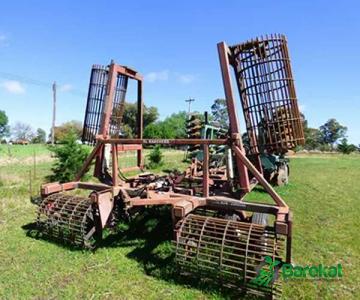
.
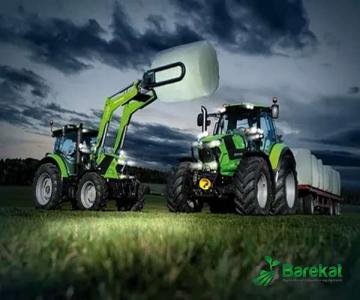 2. Types of Cultivator Farm Equipment: a. Row Crop Cultivators: These cultivators are designed to work within rows of crops, allowing precision weeding and soil cultivation. They are commonly used in row-crop farming and are ideal for crops like corn, soybeans, and cotton. b. Field Cultivators: Field cultivators are larger, heavy-duty machines that can cover larger areas. They are effective for primary tillage, seedbed preparation, and weed control in broad-acre crops like wheat, barley, and other small grains. c. Rotary Tillers: These cultivators utilize rotating blades to break up soil and incorporate organic matter. Rotary tillers are suitable for smaller-scale farming applications, garden plots, and landscaping projects. 3. Enhancing Efficiency and Yield: a. Reduced Labor: Cultivator farm equipment significantly reduces the manual labor required for soil preparation and weed control. This frees up valuable time for farmers to focus on other essential farming activities, leading to increased productivity and efficiency.
2. Types of Cultivator Farm Equipment: a. Row Crop Cultivators: These cultivators are designed to work within rows of crops, allowing precision weeding and soil cultivation. They are commonly used in row-crop farming and are ideal for crops like corn, soybeans, and cotton. b. Field Cultivators: Field cultivators are larger, heavy-duty machines that can cover larger areas. They are effective for primary tillage, seedbed preparation, and weed control in broad-acre crops like wheat, barley, and other small grains. c. Rotary Tillers: These cultivators utilize rotating blades to break up soil and incorporate organic matter. Rotary tillers are suitable for smaller-scale farming applications, garden plots, and landscaping projects. 3. Enhancing Efficiency and Yield: a. Reduced Labor: Cultivator farm equipment significantly reduces the manual labor required for soil preparation and weed control. This frees up valuable time for farmers to focus on other essential farming activities, leading to increased productivity and efficiency.
..
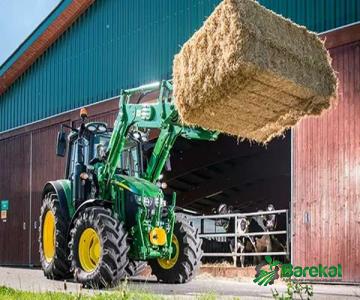 b. Weed Control: Cultivators help control weed growth by uprooting or burying them under the soil. This minimizes competition for nutrients, water, and sunlight, allowing crops to thrive more effectively and increasing overall yield. c. Soil Health: Proper cultivation enhances soil health by increasing aeration, improving water infiltration, and enhancing nutrient availability. This creates an ideal environment for plant root development, leading to healthier plants and improved yield. d. Precision Farming: Advanced cultivator farm equipment is equipped with precision technology, enabling farmers to optimize their cultivation practices. GPS-guided systems, for instance, provide accurate data on speed, depth, and placement, minimizing overlap and reducing wastage, ultimately maximizing yield. 4. Factors to Consider: a. Farm Size and Crop Type: The size of the farm and the specific crops being cultivated determine the type and size of cultivator farm equipment required.
b. Weed Control: Cultivators help control weed growth by uprooting or burying them under the soil. This minimizes competition for nutrients, water, and sunlight, allowing crops to thrive more effectively and increasing overall yield. c. Soil Health: Proper cultivation enhances soil health by increasing aeration, improving water infiltration, and enhancing nutrient availability. This creates an ideal environment for plant root development, leading to healthier plants and improved yield. d. Precision Farming: Advanced cultivator farm equipment is equipped with precision technology, enabling farmers to optimize their cultivation practices. GPS-guided systems, for instance, provide accurate data on speed, depth, and placement, minimizing overlap and reducing wastage, ultimately maximizing yield. 4. Factors to Consider: a. Farm Size and Crop Type: The size of the farm and the specific crops being cultivated determine the type and size of cultivator farm equipment required.
…
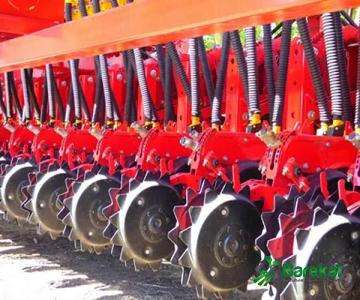 b. Soil Conditions: Different soil types and conditions may require variations in cultivator design, such as adjustable tines, depth control, or additional attachments. c. Investment Costs: Consider the initial investment and ongoing maintenance costs when selecting cultivator farm equipment. A cost-benefit analysis will help determine the most cost-effective option for your farm operations. Conclusion: Cultivator farm equipment plays a crucial role in modern agriculture by streamlining soil preparation, weed control, and fostering optimal growing conditions. By investing in appropriate cultivators, farmers can significantly increase their productivity, enhance soil health, and maximize overall crop yield. The choice of cultivator equipment should be based on factors such as farm size, crop type, and soil conditions to ensure the best results for any agricultural operation.
b. Soil Conditions: Different soil types and conditions may require variations in cultivator design, such as adjustable tines, depth control, or additional attachments. c. Investment Costs: Consider the initial investment and ongoing maintenance costs when selecting cultivator farm equipment. A cost-benefit analysis will help determine the most cost-effective option for your farm operations. Conclusion: Cultivator farm equipment plays a crucial role in modern agriculture by streamlining soil preparation, weed control, and fostering optimal growing conditions. By investing in appropriate cultivators, farmers can significantly increase their productivity, enhance soil health, and maximize overall crop yield. The choice of cultivator equipment should be based on factors such as farm size, crop type, and soil conditions to ensure the best results for any agricultural operation.
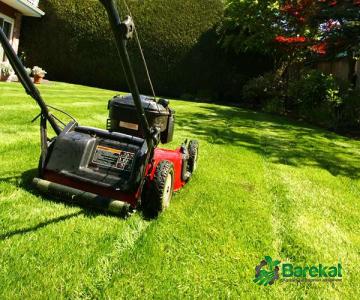
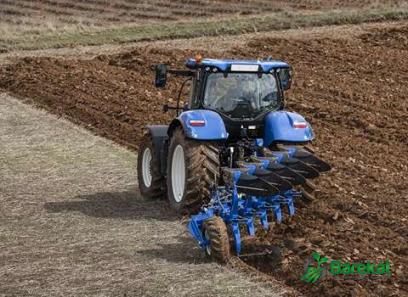
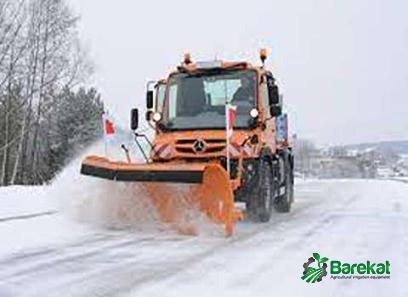
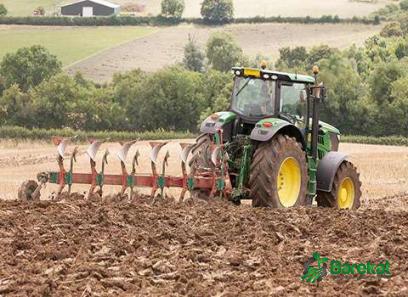
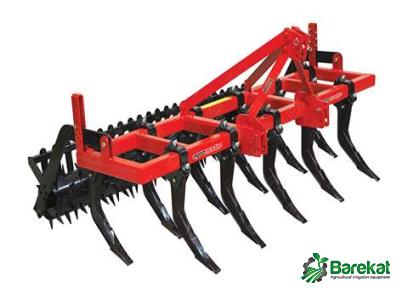
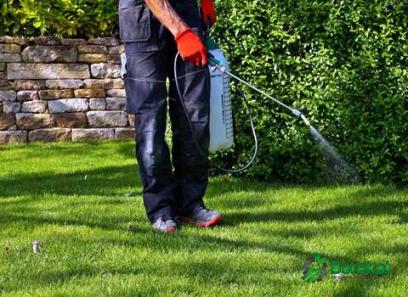
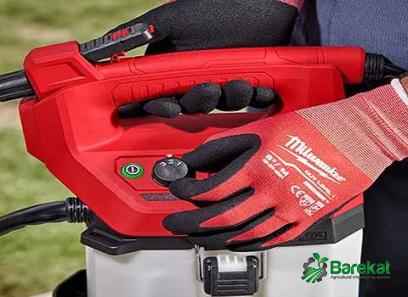
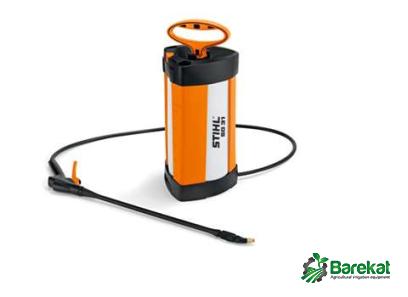
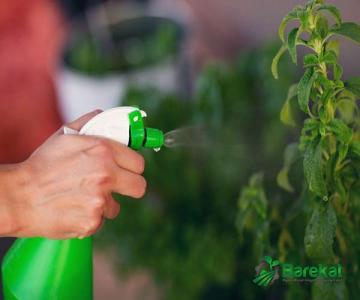
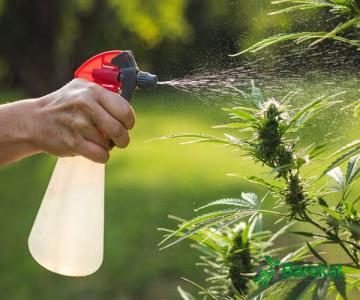
Your comment submitted.